We’re drawing to the end of 2022 if you can believe that. No, I can’t either.
It’s been a crazy year with lockdowns and life changes and adjustments for me.
Compared to recent years, it looks like I’ve had a light publishing schedule, but the truth is I’ve been working away on a couple of pen names that have kept me very busy. These pen names write books in different genres and they’ve been lots of fun to develop.
So while books under my Monique McDonell name, there have been fewer books, I will have published 9 full-length novels, 2 novellas and 7 short books (10k) this year. That’s around 500,000 words…and I also have my March 2022 Monique McDonell novel drafted so that’s another 50,000 words. No wonder I’m a little tired.
Anyway, what I’m here to talk about is my November (yes I am aware it’s now December). As well as finally getting to see family after 4 months and some travel to see my daughter who lives 6 hours away (Sniff. Sniff) I did some cool writing things.
First of all one of the great gifts of 2022 for me has been the writing community here in Newcastle, NSW where I now live. I was invited to join both the Hunter Romance Writers and the Newcastle Romance Writers groups. There is some overlap of membership but the groups are quite different and I love both for different reasons. The Hunter group is smaller, tends to meet online but has more indie authors like me, whereas the Newcastle group meets in person and is a wider cross-section of people (more chances to make friends).
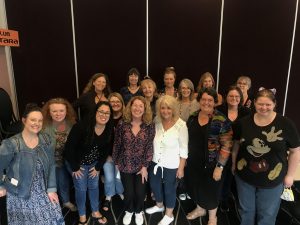
Anyway, to that end I helped organise and was lucky to attend the first Newcastle Romance Writers Rereat in November. We probably shouldn’t call it a retreat – it was more of a one day conference. regardless of the name it was a truly awesome day.
It was a full day of writing, presentations and roundtables. Eighteen of us attended to discuss everything from great openings to conflict to book marketing.
As none of us can get to the Romance Writers of Australia conference due to COVID travel restrictions and border closures, this was a nice dose of professional development and camaraderie in a year where both have been lacking.
Lighthouse Arts
 Another exciting thing that happened this November was I’ve been part of the inaugural group of Artists in Residence in the Lighthouse Arts Program.
Another exciting thing that happened this November was I’ve been part of the inaugural group of Artists in Residence in the Lighthouse Arts Program.
Here’s a little about the program. Lighthouse Arts aims to increase the sustainability and visibility of the arts and culture sector of
Newcastle City and the Hunter region.
Lighthouse Arts is an initiative of Hunter Writers Centre inc., a not-for-profit, incorporated
association established in 1995 and the peak literary hub of the Hunter region NSW.
Initial funding for Lighthouse Arts has been received via the Industry Response Taskforce grant from the City of Newcastle to provide support for cultural practitioners. Access to Nobbys-
Whibayganba headland has been obtained under a licence agreement between Hunter Writers Centre and Port Authority NSW.
The project site is Nobbys-Whibayganba headland. Read its history here.
Lighthouse Arts’ purpose is to provide supportive, professional and accessible spaces and
presentation opportunities that foster the development of creative practitioners affected by
Covid-19, to build a legacy for future creatives and for audiences to experience diverse art forms
and culture.
The project includes: Studio Spaces for Artists-in-Residence on weekdays and, on
weekends, a live events space, an Arts Trading Store and an exhibition space known as The House
of Stories.
The program invites creative practitioners to help build a community to produce or advance works
and offer your original, contemporary creations for exhibition and for sale.
The project was meant to kick-off mid year, but it didn’t due to more lockdowns, so we headed up the hill to the Lighthouse in early November. My residency has included a gorgeous office every Tuesday to focus on my writing in. I’ve met loads of other writers and creatives as well. I applied to participate with the key objective of connecting with local creatives and I’ve done that.
Sadly, I have only one more week, but it’s truly been a privilege to have the experience and the opportunity.
National Novel Writing Month

Once again I participated in National Novel Writing Month. If you follow this blog at all you’ll already know it’s a global challenge where authors, established and aspiring, commit to writing a 50,000 word novel – the first draft at least – in a month. If you’re new to my blog, you can get the scoop here.
I’ve been doing it on and off since about 2006 and most years – unless I’m travelling – I manage to hot that target. This time I was working on a book for a new multi-author series I’m part of in 2022.
Anyway, as that little image shows – I completed my book. Yay for me!
So no wonder it took me a little while to get to this blog post – that was a lot to cover and catch up from.
Onward through December and into an amazing 2022, I hope.
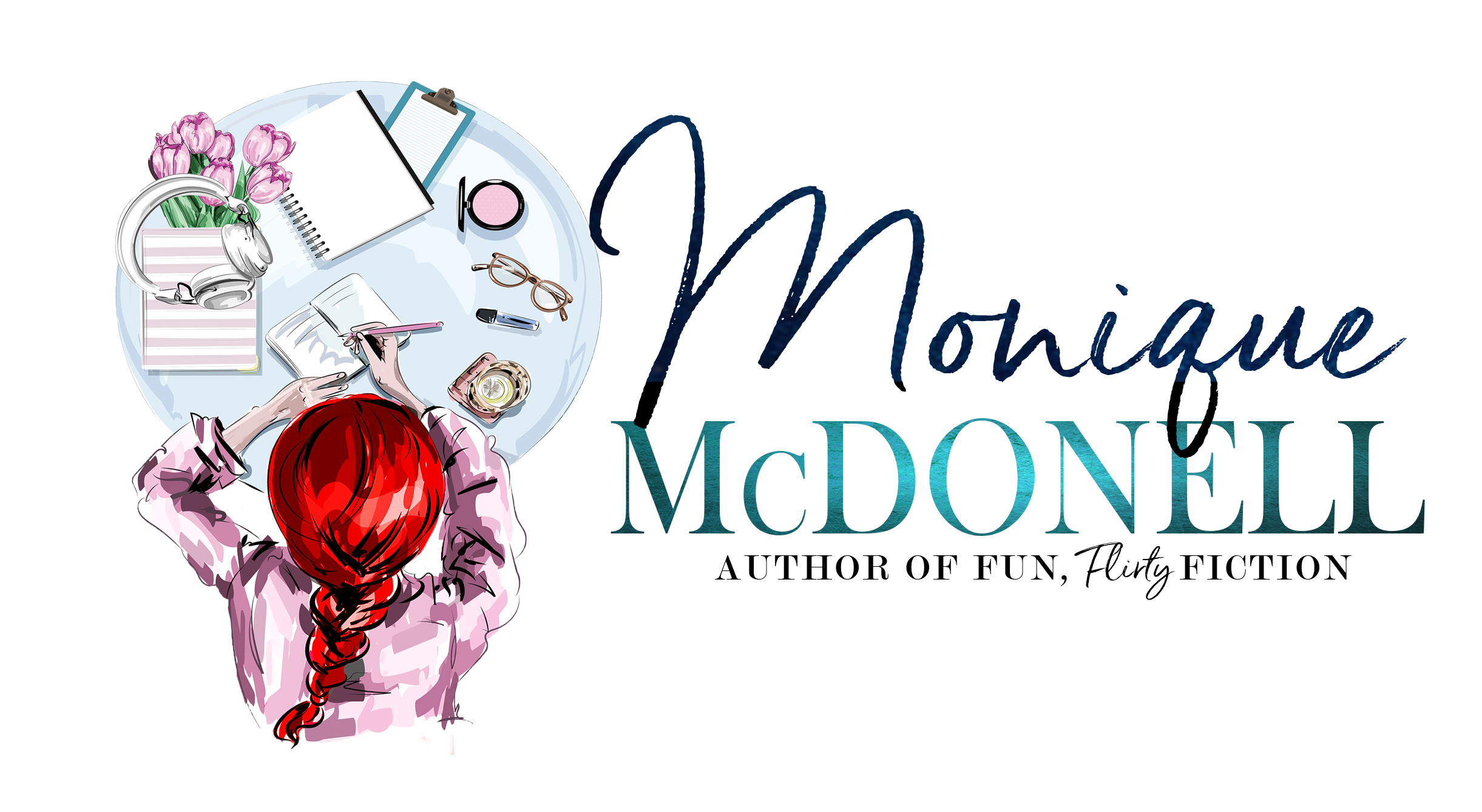
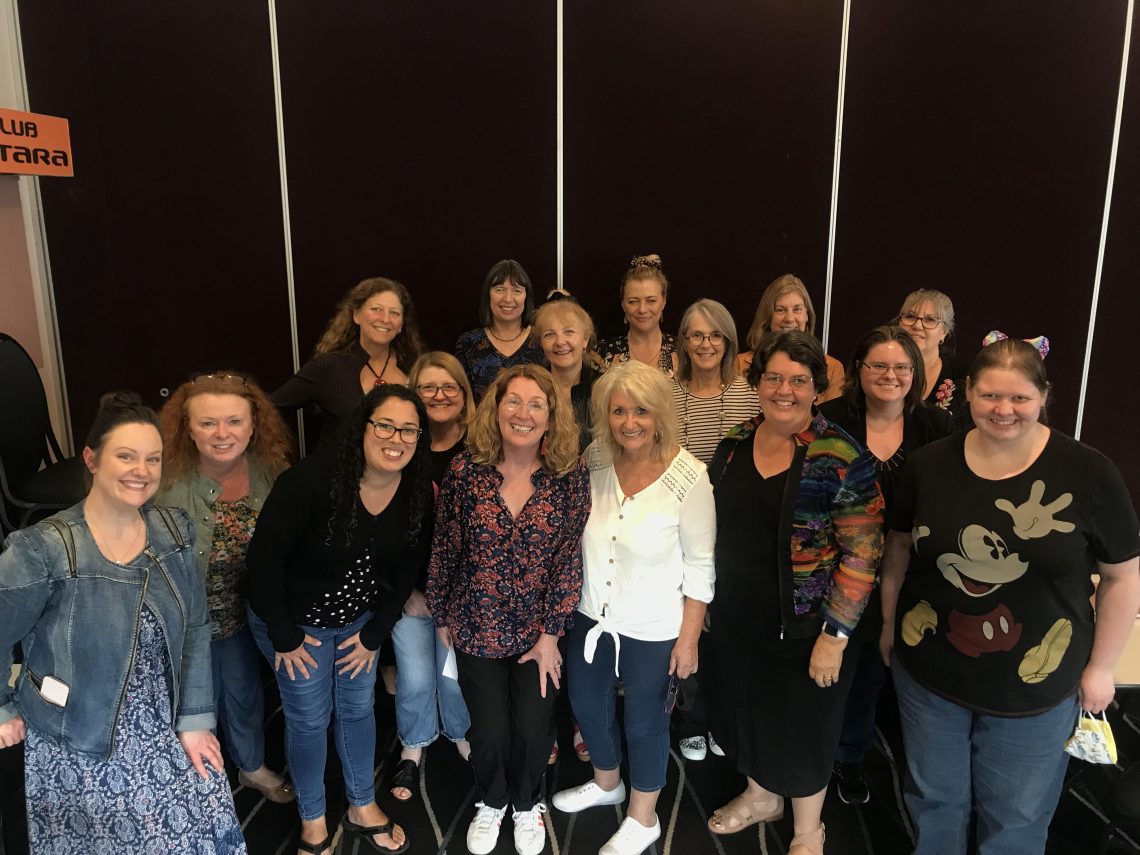
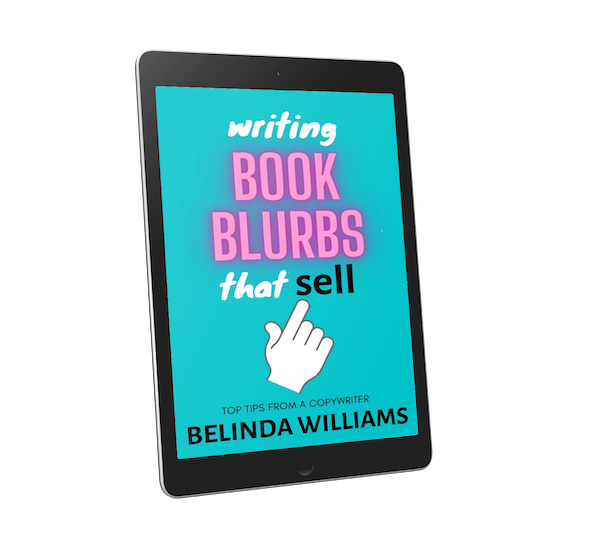
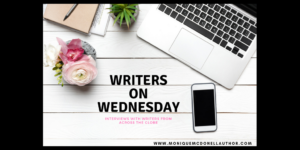
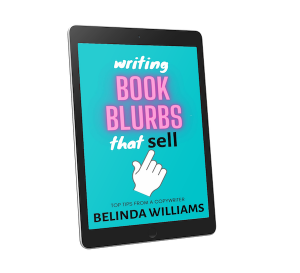
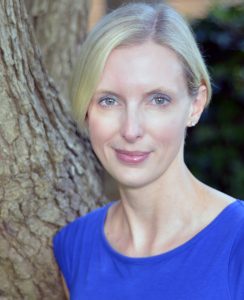
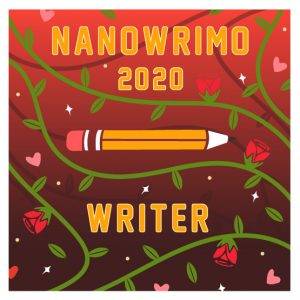 Hey there,
Hey there,



 Press releases …. reviews … interviews … cover reveals … newsletters … blog tours … street teams
Press releases …. reviews … interviews … cover reveals … newsletters … blog tours … street teams Social media is an interesting thing – some people love it, some people hate it. I get both points of view but at least for now it isn’t going away.
Social media is an interesting thing – some people love it, some people hate it. I get both points of view but at least for now it isn’t going away. Earlier this year I was on one of the many Facebook groups for authors that I belong to and another member Ashton Cartwright asked for people who’d like to be involved in a book to help other writers.
Earlier this year I was on one of the many Facebook groups for authors that I belong to and another member Ashton Cartwright asked for people who’d like to be involved in a book to help other writers.

